Nothing is fixed in time or space. Everything – from quantum particles to people, planets and galaxies – is in constant motion, and part of a constellation of inextricably interwoven systems. That might seem like a strictly academic observation with little bearing on your day-to-day life, but, as Thomas Nail, a professor of philosophy at the University of Denver, argues in this short video, overlooking this fact can have real-world consequences. Instead of understanding the Universe in terms of inflexible objects, Nail proposes that we view our world in terms of processes subject to constant change. This, he argues, will lead to improvements in science, public policy and even interpersonal relationships.
To see the Universe more clearly, think in terms of processes, not objects
Director: Thomas Nail
Animator: Ryan Rizzio

videoAstronomy
Visualisations explore what the deep future holds for our night sky
6 minutes
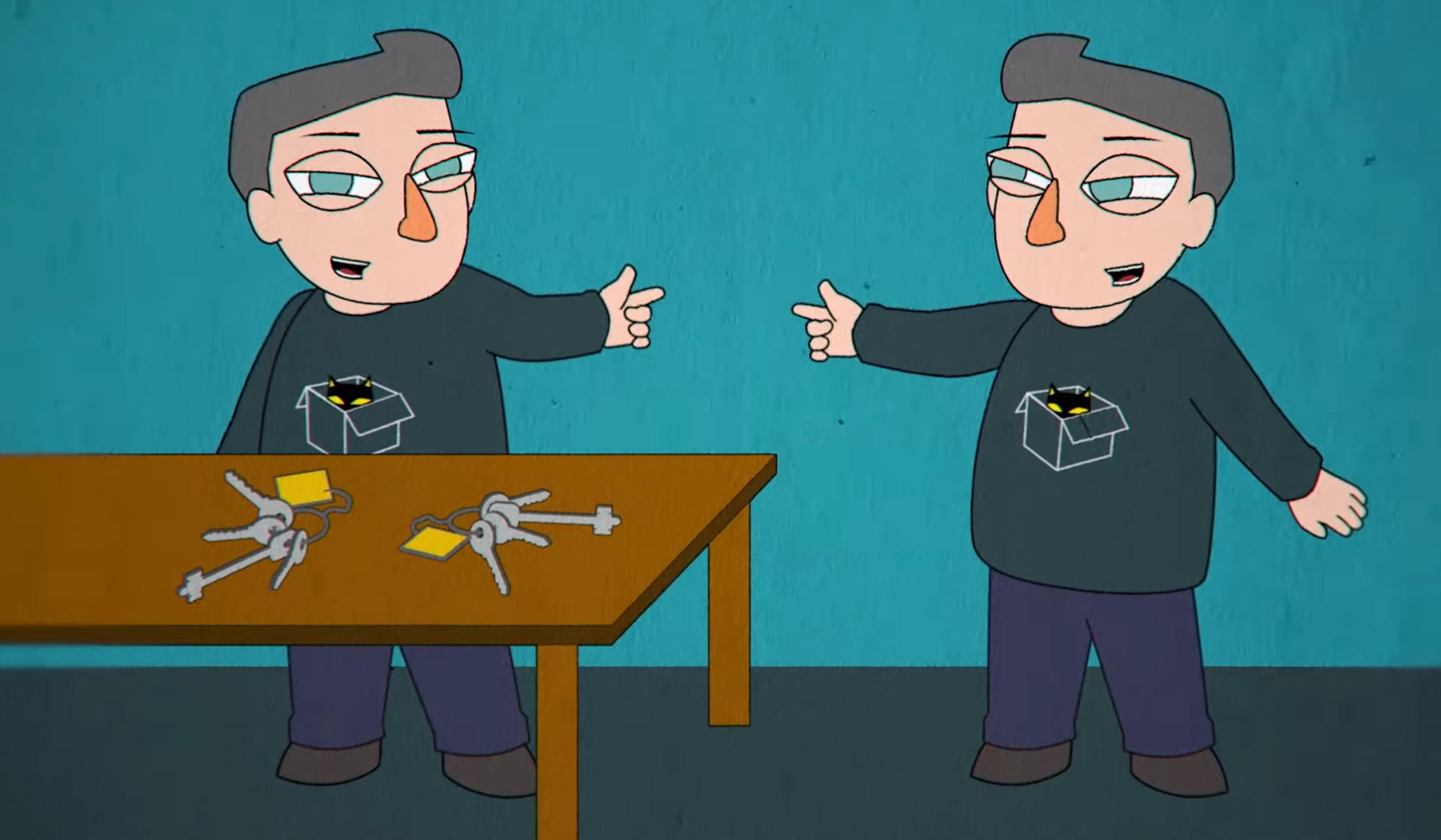
videoQuantum theory
Why aren’t our everyday lives as ‘spooky’ as the quantum world?
7 minutes

videoComplexity
A radical reimagining of physics puts information at its centre
13 minutes
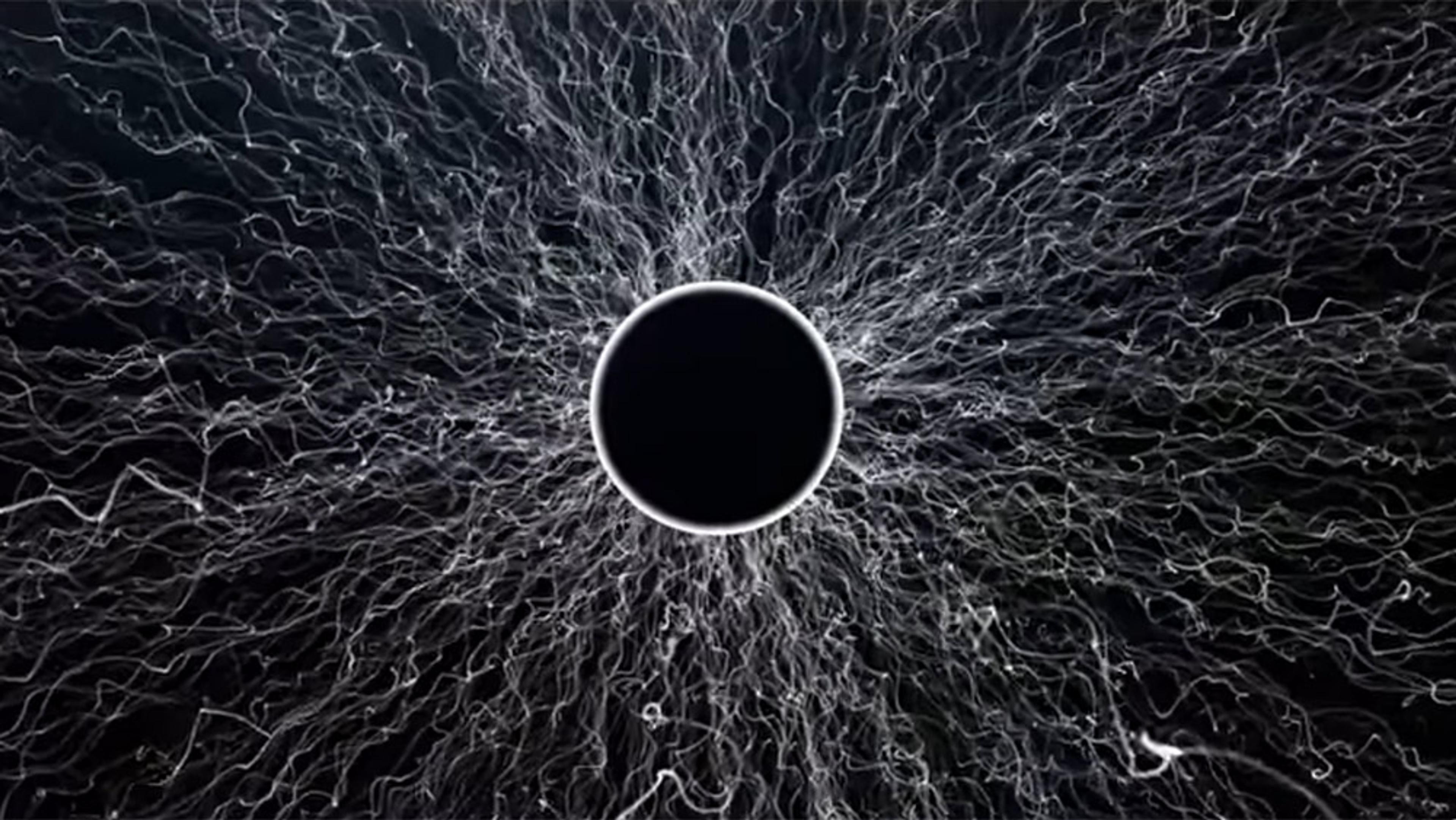
videoCosmology
Deep time and beyond: the great nothingness at the end of the Universe
29 minutes

videoPhysics
Time is real – if you view it through the lens of heat
6 minutes
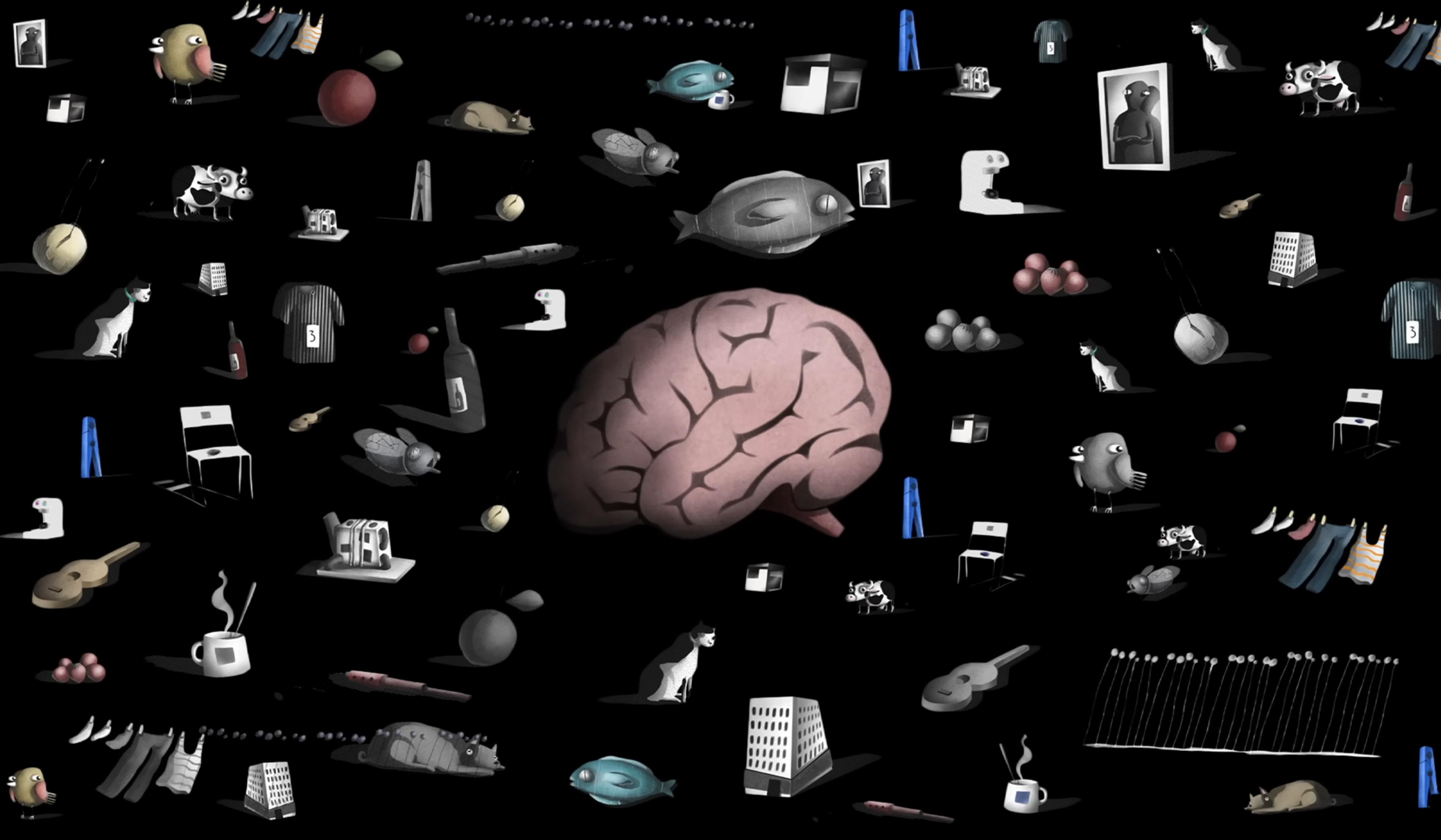
videoLogic and probability
Is it more likely you’re a person with a past, or an ephemeral brain in a void?
6 minutes

videoPhysics
If life feels out of balance, don’t worry – there’s always symmetry below the surface
4 minutes
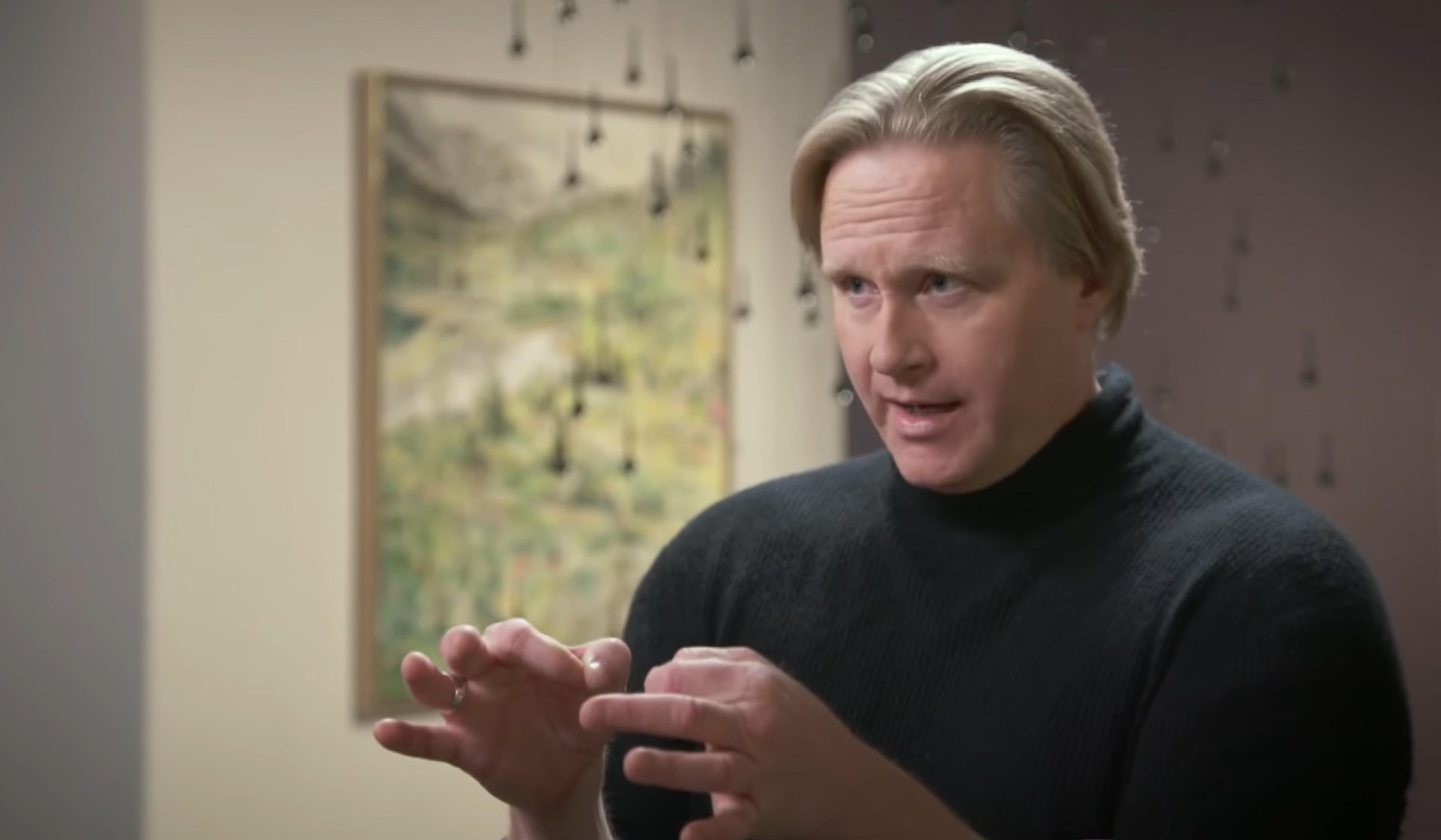
videoQuantum theory
Mind-bending new quantum experiments are blurring past, present and future
10 minutes
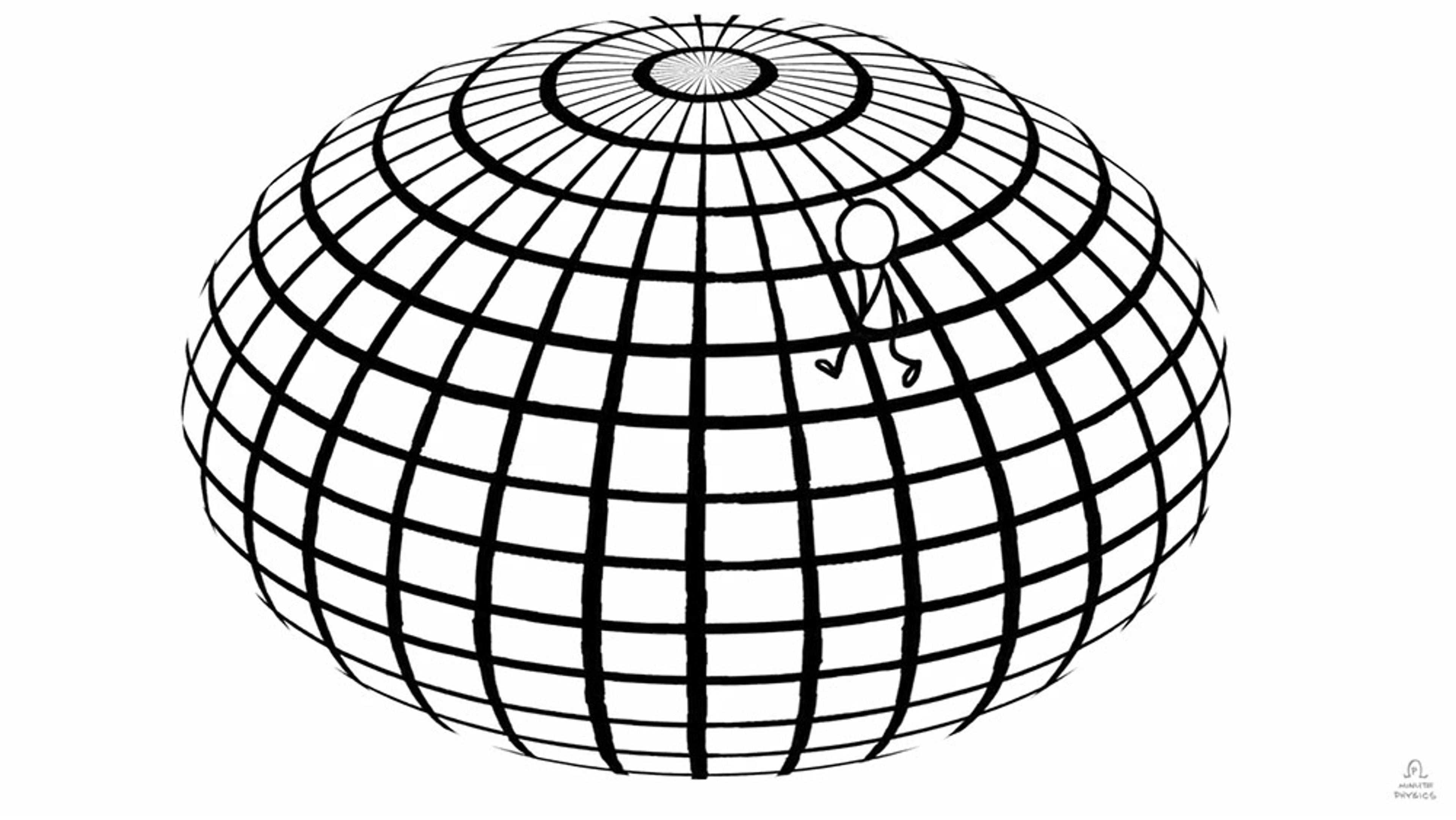
videoPhysics
Why the apparent flatness of space is an enduring cosmological mystery
4 minutes